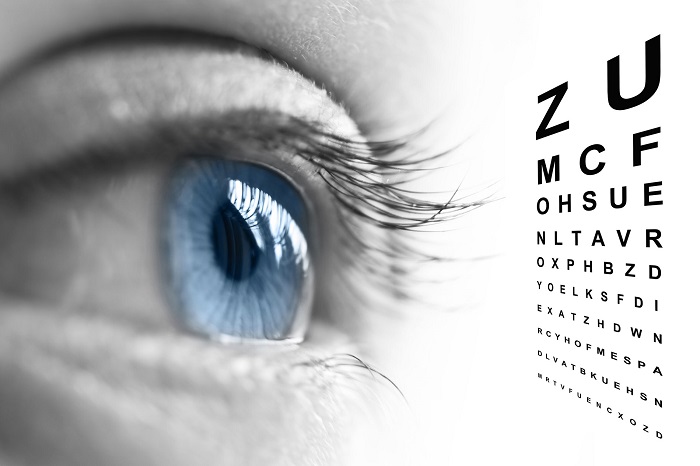Health
AI Triage for Eye Patients: ChatGPT 4 Outperforms Clinicians in Cambridge Study

- Arun Thirunavukarasu of Cambridge University explores the potential of AI, specifically ChatGPT 4, in triaging eye patients more efficiently, achieving a 69% score in rigorous trials compared to expert ophthalmologists.
- While AI like ChatGPT 4 could aid in identifying urgent cases and providing guidance for nonspecialists, researchers emphasize its supplementary role alongside physicians rather than replacement in patient care services.
An academic researcher believes artificial intelligence (AI) could help triage eye patients more efficiently.
Dr Arun Thirunavukarasu of Cambridge University believes AI could assist doctors by making immediate decisions for urgent cases that must be seen by specialists.
Cambridge University academics conducted rigorous trials with ChatGPT 4 to test its knowledge against that of medics at different points in their career journeys.
An AI program scored 69% when tested in an exam consisting of 87 questions.
Over 374 Ophthalmology questions were used to train ChatGPT 4.
Answers provided by this survey were then evaluated against responses provided by five expert ophthalmologists – doctors who specialize in eye conditions – three trainee ophthalmologists, and two unspecialised junior doctors.
ChatGPT 4 outscored other language models, such as ChatGPT 3.5, Llama and Palm2, by scoring 69% overall.
Expert ophthalmologists earned a median score of 76%; trainee ophthalmologists scored 59% while junior doctors received 43% of scores.
Dr Thirunavukarasu led and completed this work during her studies at Cambridge’s School of Clinical Medicine; now working for Oxford University Hospitals NHS Foundation Trust.
He noted: “AI could potentially help triage patients with eye issues to identify urgent cases requiring specialist evaluation or general practitioner care; or those which don’t need treatment and can wait.
These models could follow existing algorithms already being employed; ChatGPT 4 outperformed expert clinicians when processing eye symptoms and signs to answer more complex queries. With further development, large language models could assist GPs who struggle to get prompt advice from eye specialists; waiting lists in the UK have grown increasingly longer for eye care provision.”
Researchers noted the technology could be deployed to triage patients and determine who needs specialist attention and who may wait until seeing their GP for care.
Researchers stated that language models like ChatGPT were unlikely to replace eye doctors; instead they can serve as helpful advice and assistance for nonspecialists.
Dr Thirunavukarasu noted his confidence that physicians would continue to lead patient care services.




















































